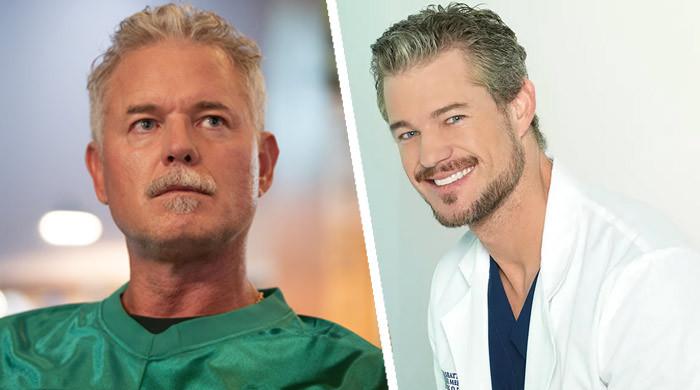Michael Bolton breaks silence after his 'aggressive' brain cancer diagnosis
Michael Bolton talks about his prognosis after the diagnosis of life-threatening disease
May 01, 2025

Michael Bolton has shared why doctors never gave him a prognosis following his diagnosis with glioblastoma.
For the unversed, the 72-year-old American singer-songwriter was diagnosed with glioblastoma, an aggressive form of brain cancer, in December 2023.
While giving an interview to PEOPLE magazine with his daughters since his diagnosis, Michael revealed he has not been provided with a prognosis, but they are trying to stay hopeful.
His daughter Holly Bolton said, “Our doctor told us that he has patients with glioblastoma that he has for 10 years. In my mind that’s my dad.”
The Grammy-winning singer completed chemotherapy and radiation treatments in October last year and is now in a “survivorship” stage.
According to his doctors, the path after the treatment is all about monitoring, as the recurrence rate is 90 percent.
Now, Bolton’s MRI is conducted every two months to make sure his tumour does not return and silently affect him and the most recent scan, which was taken in April, showed no signs of tumour.
Notably, according to the Glioblastoma Foundation, the statistics of glioblastoma patients are intimidating, as the five-year survival rate is just 6.9 percent.
However, Holly sated that her father’s life-threatening illness is the “best-case scenario,” because doctors found it quite early, the tumor was removed completely, and he has a gene that makes made chemotherapy more likely to work.
Bolton’s neuro-oncologist, Dr. Ingo Mellinghoff of Memorial Sloan Kettering Cancer Center in New York City, talked with the same outlet about survivorship.
He articulated, “We continue to monitor for tumor recurrence. It doesn’t mean they’re cured, necessarily… It’s a switch in the mentality. Hope is one of the strongest therapies we have.”
Mellinghoff said he is hopeful that the new treatments for glioblastoma will be found soon and that is why tries not to use the word “incurable.”
He shared, “We are really hoping to make progress in clinical trials. I think that’s the only way we make progress. I’ve been in this field now for over 20 years, and we have really transformed the treatment of cancer.”
“The treatments we use for melanoma are completely different than even 20 years ago or 10 years ago. So 'incurable' has, to me, the flavor of definitive, like, ‘Go home, sell your house, it’s over.’ I think a certain degree of humility is in order because we don’t know what new cancer treatments we have,” Mellinghoff explained.











